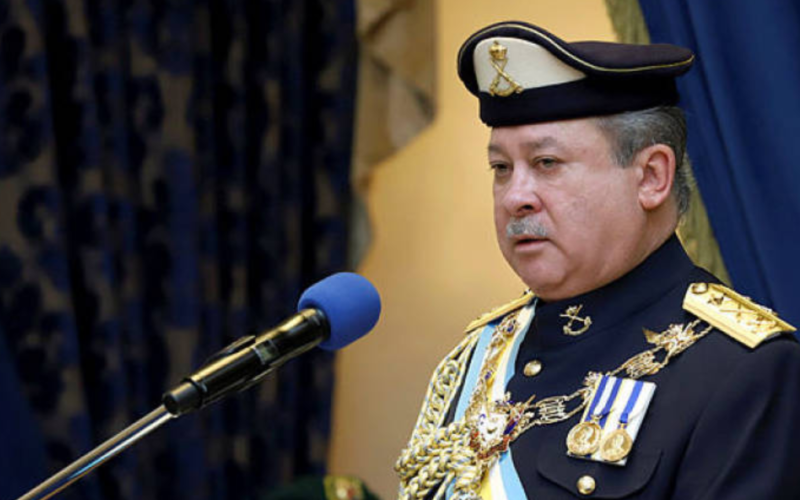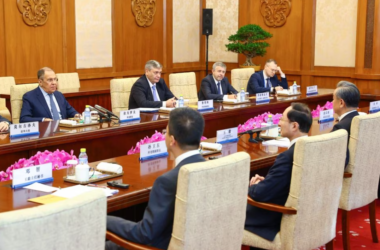In a significant and anticipated royal development, Sultan Ibrahim Iskandar of Johor State, a powerful and affluent ruler in southern Malaysia, has been elected as the country’s new king. Under Malaysia’s unique rotating monarchy system, this announcement has been made by the palace, marking a historic moment in the nation’s royal lineage. Sultan Ibrahim Iskandar, aged 64, is set to ascend to the throne on January 31, commencing a five-year term.
The anticipation surrounding Sultan Ibrahim’s election was heightened due to the established rotation order among the country’s nine state rulers, placing the ruler of Johor state next in line for the prestigious position. This tradition, which is part of Malaysia’s monarchy system, is unlike any other in the world.
Sultan Ibrahim’s impending reign as the Yang Di-Pertuan Agong, often translated as “He Who is Made Lord,” will carry with it the solemn responsibilities and symbolic significance associated with the Malaysian monarchy. While the king’s role is largely ceremonial, holding no administrative power compared to the prime minister and Parliament, he is revered as the guardian of Malay tradition and Islam, a role especially esteemed among the ethnic Malay Muslim majority.
The king’s nominal leadership extends to heading the government and the armed forces. Additionally, his approval is vital for the enactment of laws, Cabinet appointments, and the dissolution of Parliament for general elections. Notably, he holds the authority to grant pardons to criminals.
Malaysia’s Constitution allocates a yearly budget of around 5 million ringgit, equivalent to approximately $1.21 million, for the king and his household’s expenses, which include maintaining the royal palace. This budget can be adjusted with cabinet approval.
Sultan Ibrahim Iskandar’s election as the new king follows the reign of Sultan Abdullah Sultan Ahmad Shah of central Pahang, who presided over a challenging period marked by COVID-19 lockdowns and political instability that witnessed four different prime ministers since the 2018 general elections.
As Malaysia looks forward to Sultan Ibrahim’s enthronement on January 31, this continuation of the rotating monarchy system reflects the country’s enduring commitment to its unique royal traditions, a hallmark of Malaysian identity since achieving independence from Britain in 1957.








